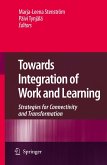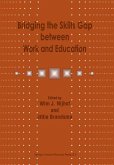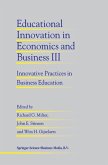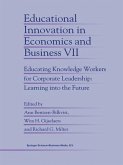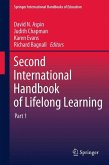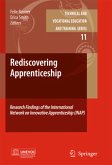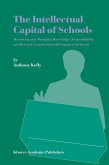Work-related learning can be broadly seen to be concerned with all forms of education and training closely related to the daily work of (new) employees, and is increasingly playing a central role in the lives of individuals, groups or teams and the agenda's of organizations. However, as this area of study becomes more prominent, debates have opened about the nature of the field, as well as about its configurations and effects. For example, some authors have a broad definition of WRL and define it as learning for work, at work and through work, ranging from formal, through semi-structured to informal learning. Others prefer to use the concept of WRL mainly in connection to informal, incidental learning processes during work, leading to competent workplace learners. Formal and informal learning are distinguished from each other with respect to the level of intention (implicit/non-intentional/incidental versus deliberative/intentional/structured). Another point of discussion originates from the different 'theoretical backgrounds' of the authors: the 'learning theorists' versus the 'organizational theorists'. The first group is mainly interested in the question of how learning comes about; the second group is predominantly interested in the search for factors affecting learning.
Bitte wählen Sie Ihr Anliegen aus.
Rechnungen
Retourenschein anfordern
Bestellstatus
Storno


